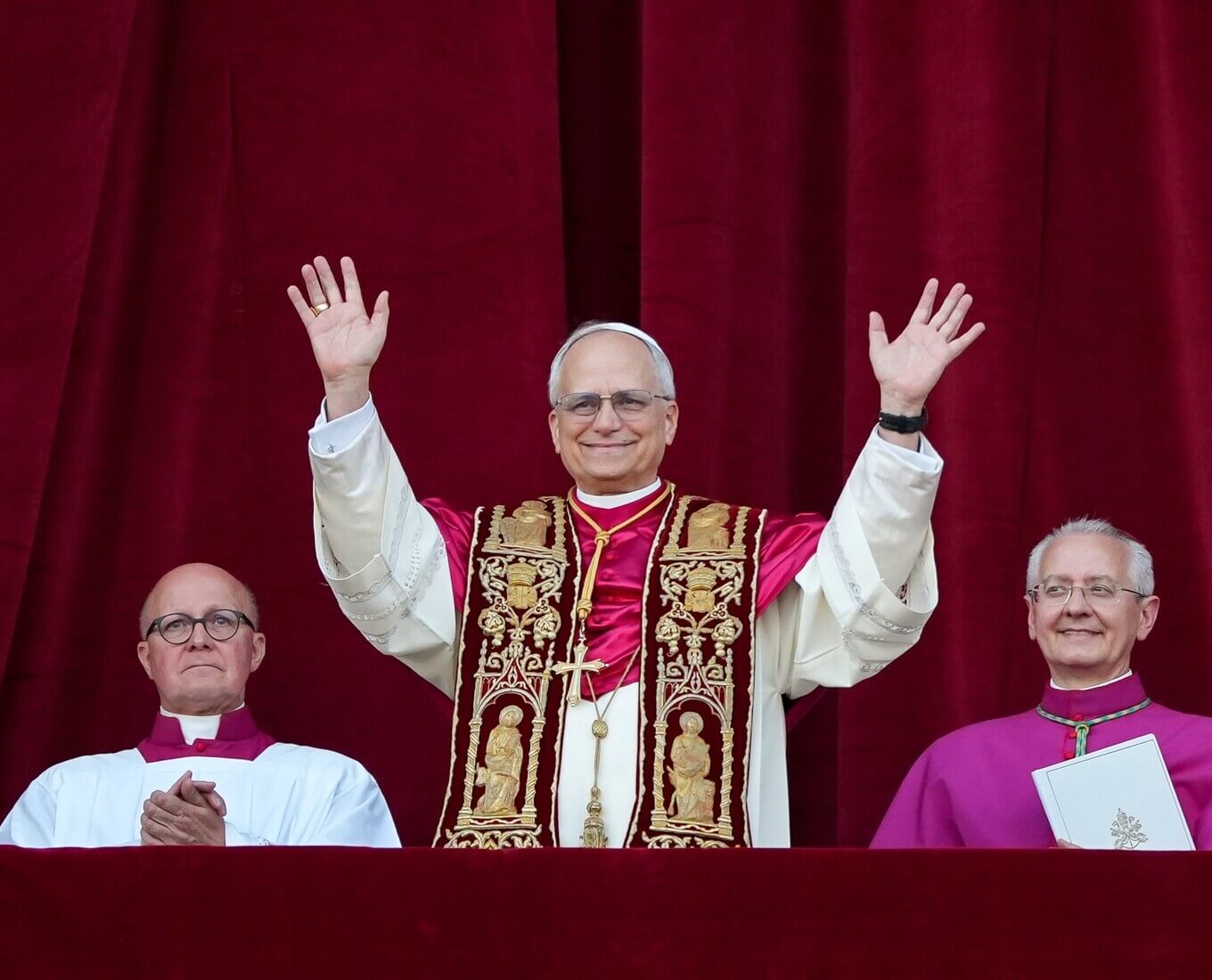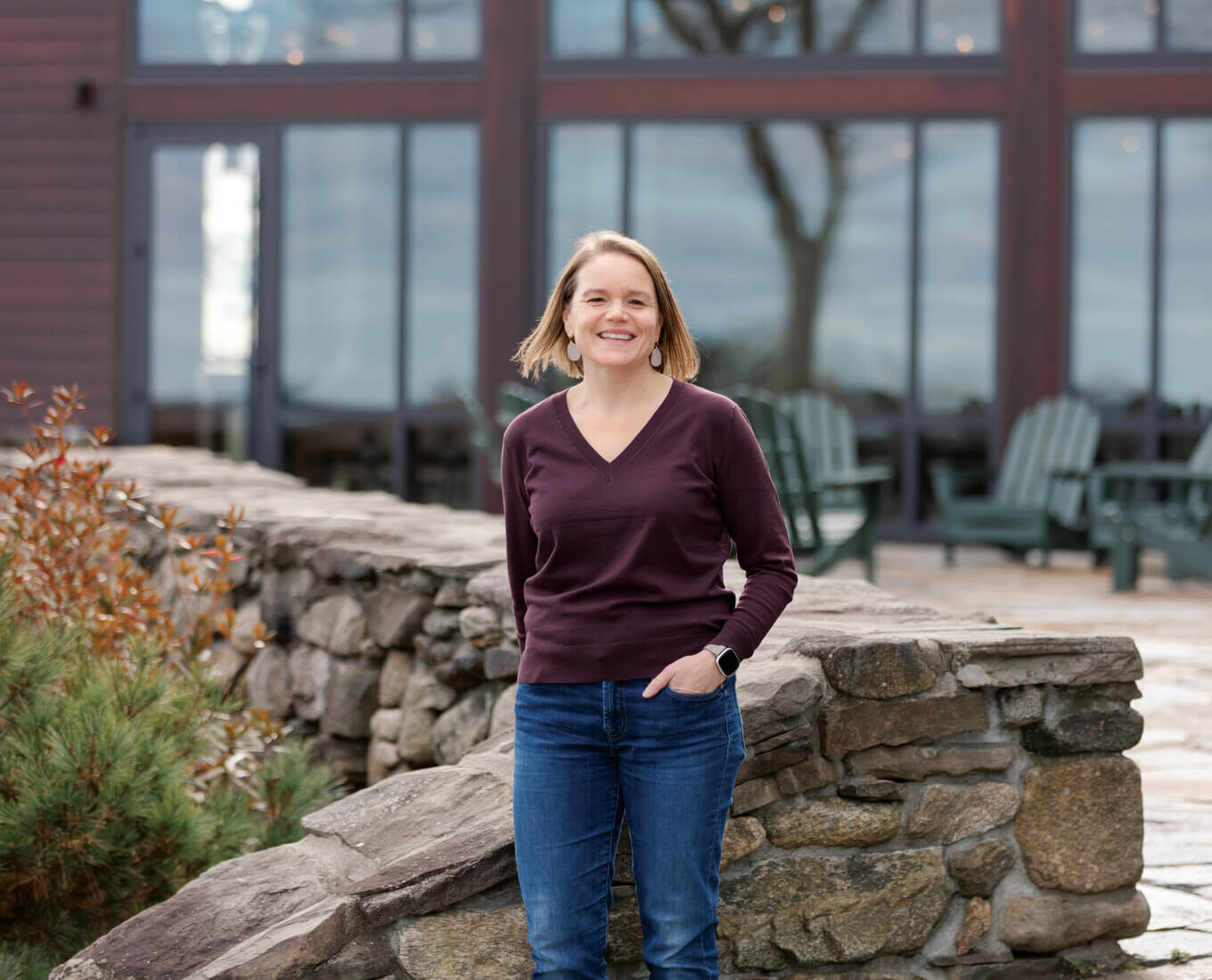February issue of Connections, an online publication of the Associations of Jesuit Colleges and Universities.
The holiday season provides an opportunity for colleges and universities to raise awareness of hunger and homelessness across the country through campus food drives and donations. Last fall, the College of the Holy Cross went a step further by offering a unique alternative program to address awareness of poverty.
During the fall semester, the College’s Office of Multicultural Education gave Holy Cross students, faculty and staff the opportunity to learn about poverty through the first-person experience of a poverty simulation. The program, developed by the Missouri Association for Community Action, is the only one of its kind being used by a college in Central Massachusetts.
“The simulation is a wonderful way to move our community toward thinking about ways we can begin to address some of the root causes of poverty, hunger, and homelessness in our society,” says Robert Jones, associate director of multicultural education, who is spearheading this initiative at Holy Cross.
Thus far, two separate simulations (in October and November) have been conducted on campus, with a total of 66 student, faculty and staff participants role-playing the lives of individuals living near or below the poverty line. The simulations were open to the entire College community and all were encouraged to participate.
In each simulation, participants were divided into ten different family units, ranging from individual elderly caring for themselves to families of as many as five or six, with each member facing unique challenges. After participants received their roles with a specific scenario, they role-played through four 20-minute “weeks” facilitated by student and faculty volunteers, where they were faced with real-world problems (money, transportation, child care, etc.) that they had to resolve with the resources allotted to them. They were also given “luck of the draw” scenarios that introduced either a new problem or a possible solution into their lives, such as “found $20,” “your car broke down,” or “your child is sick.” Faculty and staff volunteers were part of the community by playing such roles as law enforcement officials, grocery store clerks, job placement agency staff, bankers and child care providers.
“In 90 minutes, the participants went through the stress and turmoil that people in those conditions experience on a day-to-day basis,” says Jones.
Participant Mia Yee ’19 says that while the simulation began with a sense of optimism, with the idea that the solution was as easy as budgeting, the mood in the room quickly shifted as the expected—and unexpected—trials of each week began to build on one another. “The tensions in the simulation room were palpable,” explains Yee.
“I came into the simulation thinking that I probably would have a better chance getting through it than others,” Yee continues. “My family has known economic hardship, and I have known many other families who had even more economic stress on them, and have seen how they managed. But I was an 85 year old woman in the simulation, widowed, with only social security as my income. By the end of the simulation, I had pawned off all of my possessions in order to get through the expenses of a single month.”
Gregory Chin ’18, who was assigned the role of a delinquent arrested during the simulation, had a similarly potent experience. “I got to see firsthand what it feels like to be helpless, to understand that there were many things I could not control, and watched as my loved ones suffered because of my mistake.”
Chin also credits the simulation with expanding his understanding of poverty beyond simply studying the statistics of those who are marginalized. “A lot of times here at Holy Cross, we hear the phrase ‘men and women for and with others,’ but what does it mean to be an ‘other’?” he says. “True learning means putting yourself in another's shoes and discovering that the life of another is just as important as your own.”
For Jones, this is exactly the kind of influence he hoped the simulation would have. “The simulation is not the be-all and end-all, but it can be transformational,” he says, explaining that the experience not only builds empathy, but can also inspire participants to move beyond volunteering and direct service toward influencing change on a larger scale through, for example, legislation, policies and procedures. Jones explains that the simulation can act as a catalyst for moving in this direction, in tandem with existing efforts on campus, such as the work of the Donelan Office for Community-Based Learning through which students have the opportunity to connect academic learning with civic engagement.
Jones hopes to institutionalize the simulation, integrating it into different parts of campus life, including the College’s first-year Montserrat seminar program, student leadership training, and professional development for faculty and staff. He also plans to bring the simulation to other local area colleges, furthering its use in the region.
“I hope participants gain a better understanding of the poverty and challenges we face in our country through this simulation,” says Jones. “I hope they begin to question how and why we are in the state we are in, and are propelled to ask more and do more to eliminate the root causes of the challenges faced daily by those living in poverty.”
'Simulation' Gives Holy Cross Community a New Perspective on Poverty
AJCU's Connections
Read Time
4 Minutes

